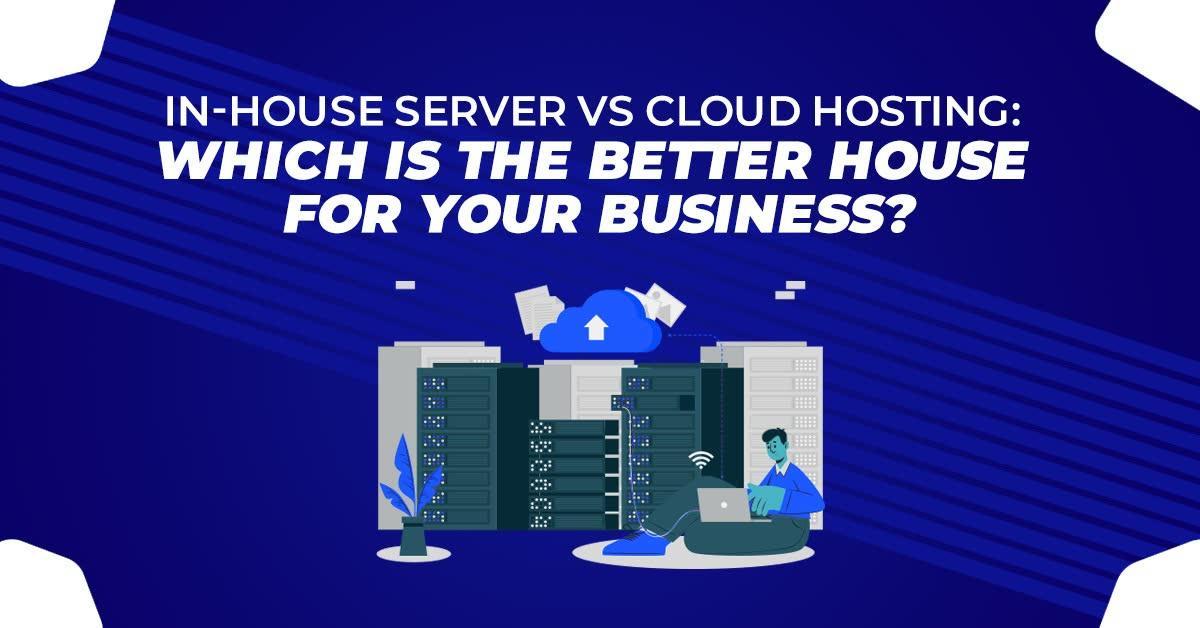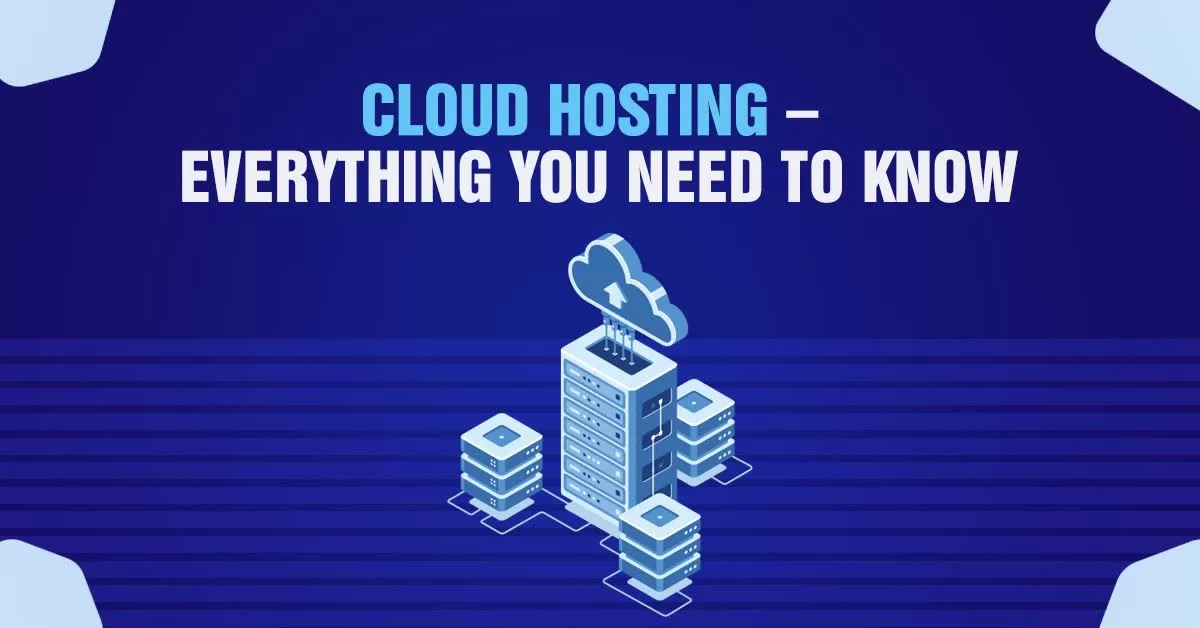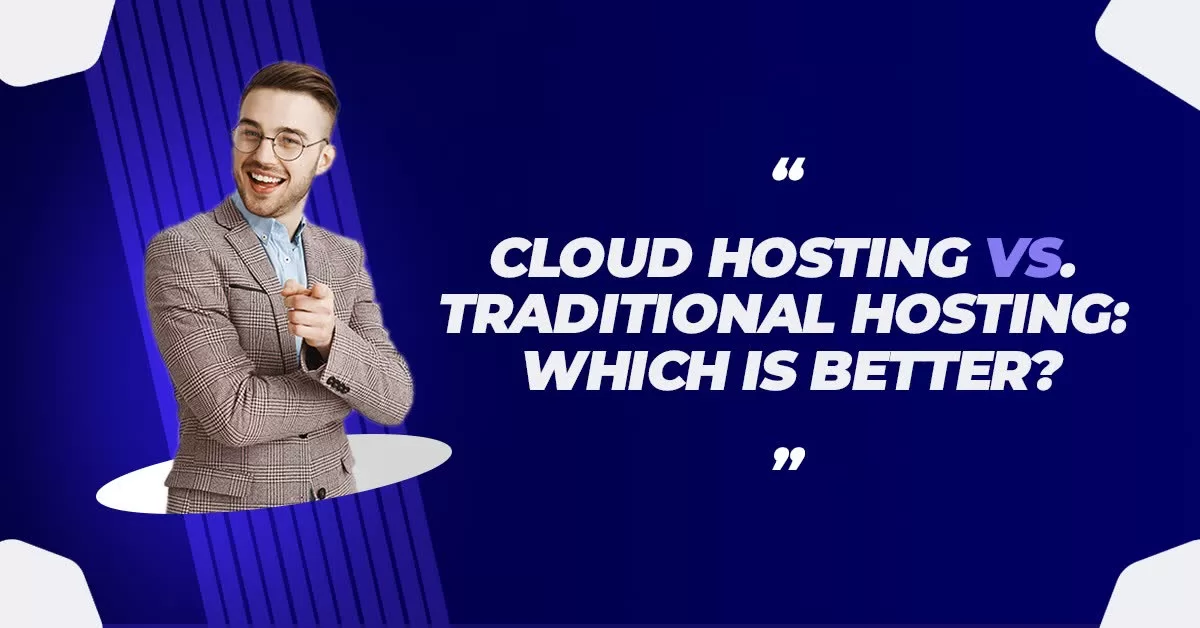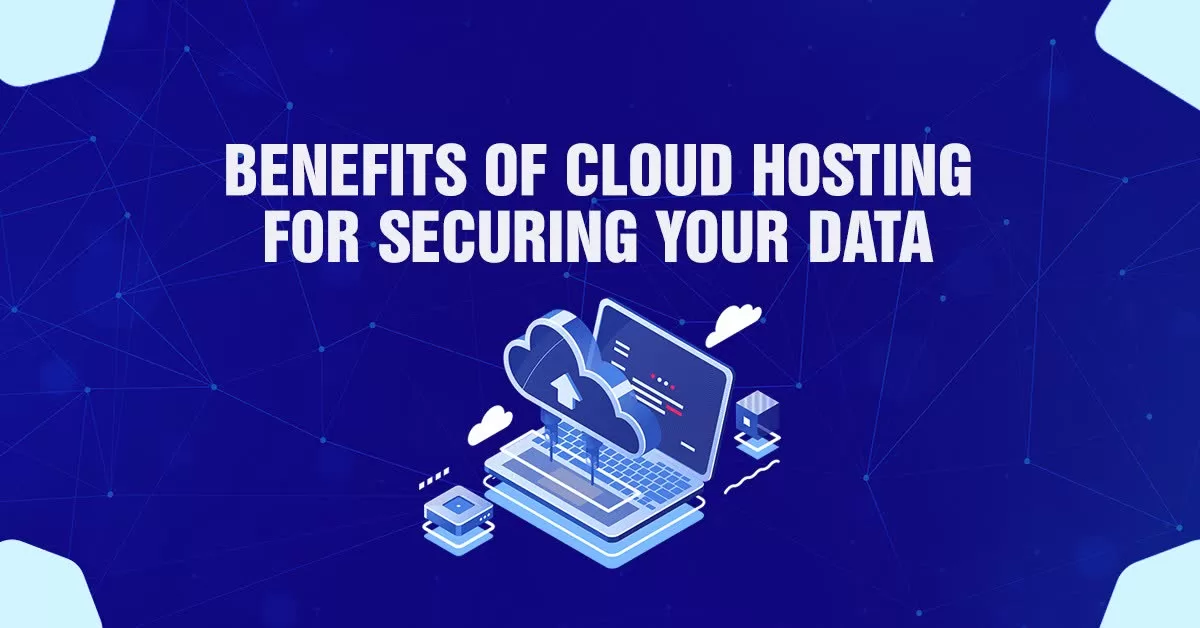In-House Server Vs Cloud Hosting: Which Is The Better House For Your Business?
The most important choice of servers in businesses is between an in-house server and a cloud-based one. There are many factors to take into account, despite the choice appearing to be black or white. How crucial uptime is to your company’s success is the first consideration. Although cloud solutions can cost more than an internal server, for some companies the advantages significantly outweigh the expenses. For instance, an online company that relies on web-based transactions will value uptime highly and will probably be prepared to pay extra for a cloud-based solution that can provide a particular uptime level. Other organizations that are less reliant on uptime can benefit more from an internal setup.
There is a lot of information to weigh while determining which server is appropriate for your company. Therefore, it becomes important to consider in-house servers vs cloud hosting. There are significant differences in the user experience, implementation time, and cost even while they carry out comparable fundamental duties to store, exchange, and protect information and data. Consider switching to a cloud server if your company has outgrown its in-house server and you want to replace or update. A cloud-based solution may be preferable to an internal server if your company is planning to grow to new cities or nations.
Benefits And Drawbacks Faced by Businesses By Using In-House Servers
During the course of weighing the benefits and drawbacks of having internal servers for your company, it’s crucial to have a business continuity plan in place, in case the server fails. Businesses that don’t depend on uptime are frequently more suited for in-house servers than those that do.
Small and medium-sized enterprises have traditionally preferred internal servers over cloud servers for file sharing and hosting services such as email and software. Even while small and medium-sized organizations can now more easily use the cloud, some people still prefer in-house servers since they have more control over them. However, it’s crucial to keep in mind that purchasing the necessary software and hardware for in-house servers can be expensive at first. The development of internal servers is another option for adapting to your company’s changing needs. It’s crucial to keep in mind that your company will want a specialized IT manager to keep it up to date and guarantee that it is secure at all times, which can be pricey.
The advantages that come with using in-house servers are having physical control of your backup and being able to prevent unauthorized third parties from accessing important data and information in-house. Data can be accessed without an internet connection. Moreover, it might be more affordable for some small and medium-sized businesses to opt for this server.
However, businesses also need to consider the infrastructure and hardware which demand significant capital expenditures. A separate facility is needed to house the server, as well as dedicated IT assistance. There is an increased risk of data loss in catastrophe events which will depend on how frequently data is safely stored offsite. There are no uptime or recovery assurances.
What Benefits And Drawbacks Do Cloud Servers Offer For Businesses?
Small and medium-sized organizations can benefit from cloud servers over internal servers, but there are also certain disadvantages. A cloud server will be useful if your company has plenty of virtual and remote employees and you don’t want to handle an internal server. Because cloud servers are easily scalable, organizations may easily adapt to shifting demand without making a significant investment. Despite the fact that you won’t have to worry about the security of your data and information, you will need to budget for monthly hosting expenses.
The benefits of cloud servers include there being no need for physical hardware or capital expenses. This typically works for businesses that quickly outgrow their data storage needs.
Since the majority of cloud solution providers only charge you for what you use, storage can be readily extended as needed. Cloud servers offer simple and effective backup and restore capabilities on any device, including desktops, tablets, and smartphones, from any location.
Data backups to the cloud at intervals of as little as 15 minutes can help reduce data losses.
However, the expenditures may outweigh the advantages if your organization isn’t reliant on continuous operation and quick data recovery. The amount of data that can be kept on the cloud is constrained by the cost and accessibility of storage. If the internet breaks down at your place of business or the cloud provider’s location, you won’t be able to access any data or information. Full data recovery may be time-consuming and have a significant negative impact on your organization.
Benefits And Drawbacks Of Using A Hybrid Option
Businesses can also consider a hybrid option for using both in-house and cloud servers. A hybrid cloud allows businesses the best of both worlds by combining on-premises and cloud-based server solutions. A hybrid cloud can take on a variety of configurations and be dedicated servers and public cloud storage is combined or integrated with private cloud servers with public cloud servers. Hybrid cloud users can instantly increase their computing power. The in-house server can be used for crucial operations while bigger analytical and processor-intensive jobs, for example, can be transmitted to the public cloud. This appeals to businesses who prioritize protecting the privacy of sensitive data and information but want additional processing capacity from the cloud.
Because they only pay for the cloud resources they utilize, employing a hybrid cloud for organizations with transient peak loads can be more cost-effective than replacing their servers. It can be costly and a waste of resources to upgrade servers for a handful of the busiest times of the year.
ConclusionWhen choosing between in-house servers vs cloud servers, or the option of hybrid servers for your company, it’s critical to select a solution that meets both your current and future business demands. The operations, objectives, and capabilities of your company will play a significant role in your decision regarding an internal, cloud, or hybrid solution.






































